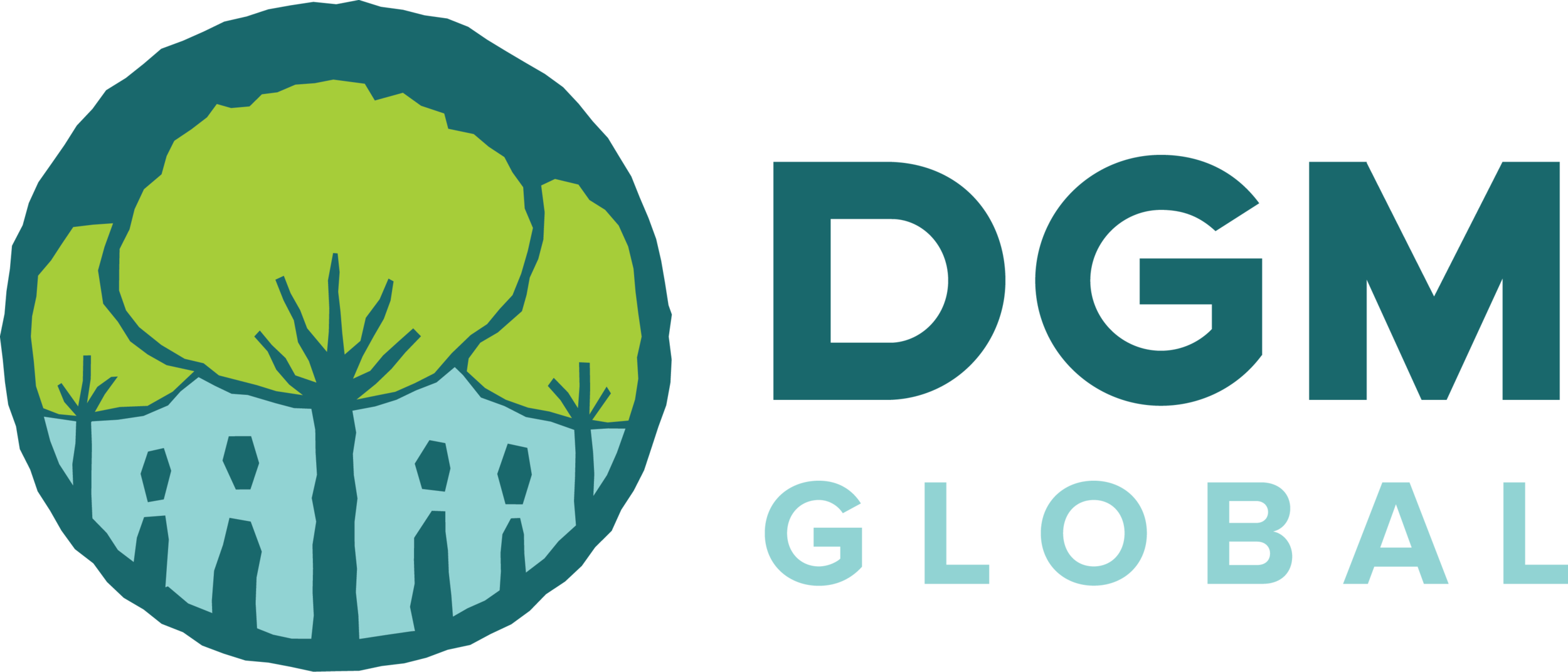Happy International Day of Rural Women!
DGM Global cannot guarantee the accuracy of Google translations. In case of discrepancies, the original language takes precedence.
Yesterday, the DGM celebrated the International Day of Rural Women, a holiday first observed by the United Nations on October 15, 2008 to recognize "the critical role and contribution of rural women, including indigenous women, in enhancing agricultural and rural development, improving food security and eradicating rural poverty."
In all of its activities, the DGM promotes the full engagement of rural women in order to ensure more equitable, sustainable, and inclusive results. At the global level, this includes inviting representatives of indigenous women's groups to participate in DGM exchanges and encouraging them to share their unique perspectives with other key members of indigenous peoples and local communities (IPLCs) around the world. In the first year of DGM exchanges, approximately 29% of the IPLC leaders who participated were female, and the DGM Global project will be working to increase this percentage in future years.
While the DGM country projects each have requirements to consider the roles of women and to promote equitable participation in and benefits from project activities, they are each free to do so in whatever ways are appropriate to each project and national context. As a result, the DGM has the opportunity to evaluate a variety of strategies for gender inclusion.
A woman from a DGM beneficiary community in Burkina Faso learning to vaccinate chickens, an activity traditionally done by men.
Photo Credit: DGM Burkina Faso
At this early stage, one of the best examples comes from DGM Burkina Faso. In its first call for IPLC-led subproject proposals, DGM Burkina Faso included several specific references to the importance of gender integration and even made "Gender Approach and Level of Community Engagement" a major component in its proposal evaluation process. Partly because of this, 8 of the project's 14 approved subprojects are led by women. One of these, the "project for the improvement and diversification of community production and revenue", which is being implemented by members of the Association for the Promotion of Health and Agricultural Techniques (APSATA) is supporting sustainable and inclusive activities for revenue generation. The revenue from this project will be used to finance and support a local women's group to begin pig farming, and APSATA is now training women to vaccinate chickens. DGM Burkina Faso values the role of rural women in ensuring equitable and sustainable livelihoods.
Rural women are critical to the success of the DGM and continued efforts to preserve forests and stop climate change. The DGM will continue to promote their full and effective participation in these efforts and to share their perspectives and priorities with the broader international community throughout the project cycle.

